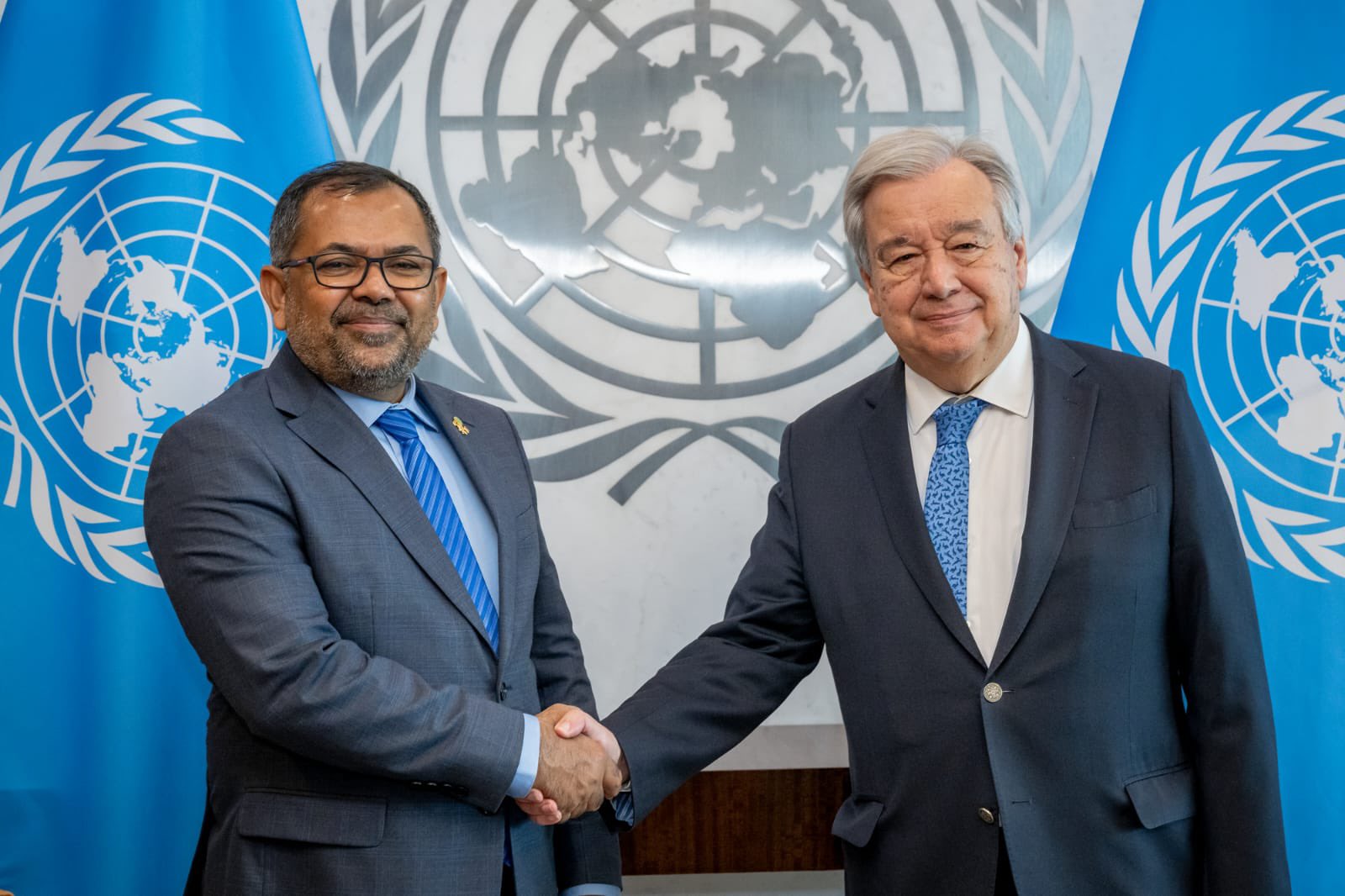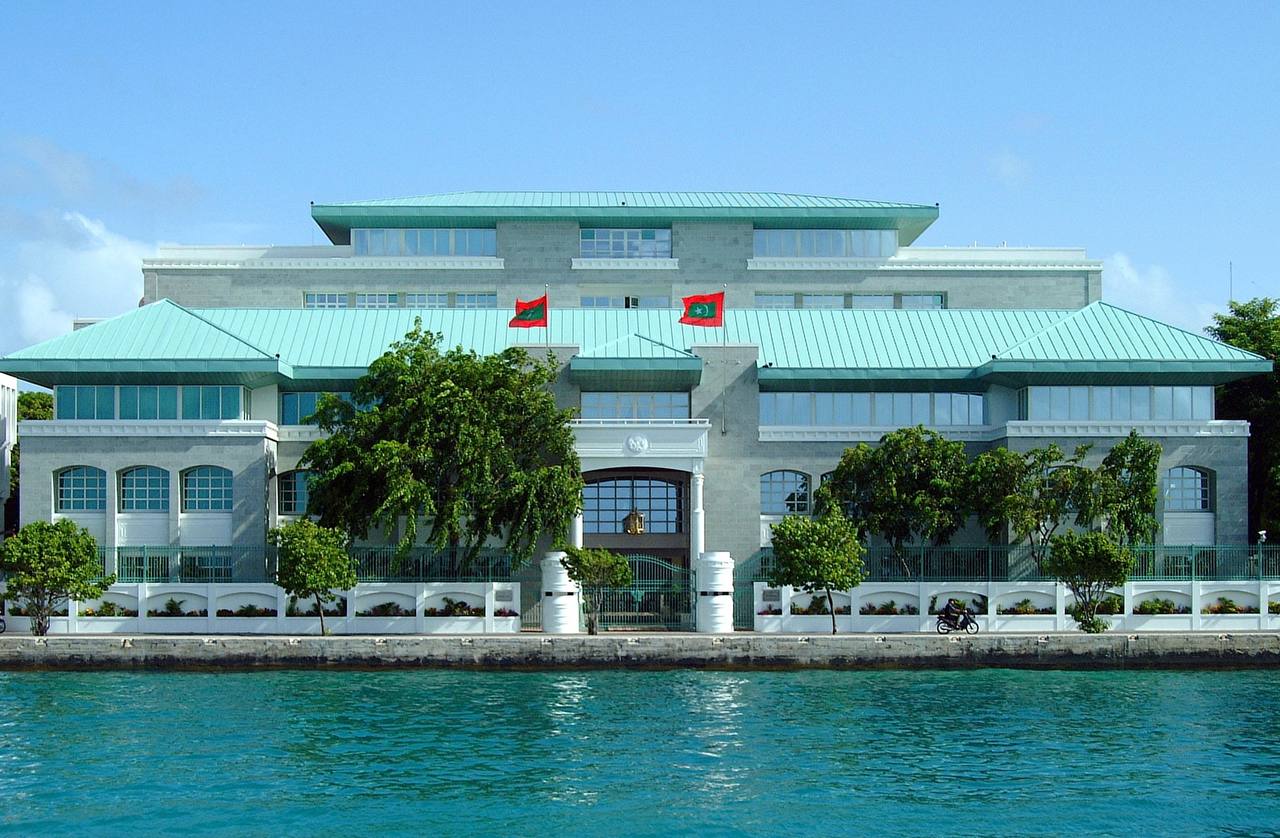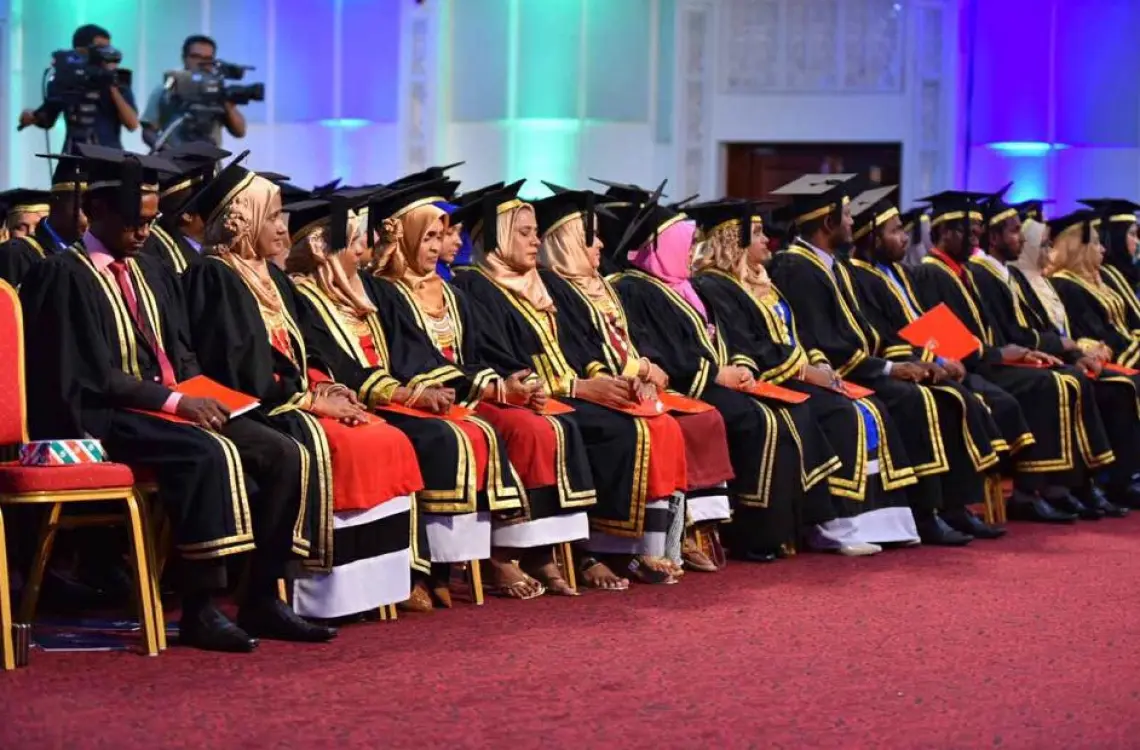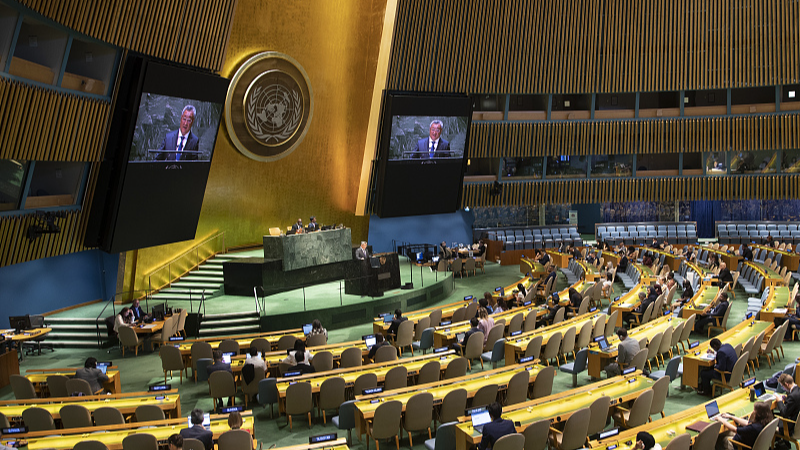A resolution proposed by China and co-sponsored by over 140 countries including the U.S. was passed unanimously at the 78th session of the UN General Assembly on Monday.
The resolution calls for “human-centered” development of AI and that it should benefit all nations.
The resolution puts a particular emphasis on equality, stresses that international cooperation should help developing countries build their AI capacity. Meanwhile, their voice should also be included more in global AI governance in an “open, fair, and non-discriminatory business environment.”
China’s permanent representative to the United Nations, Fu Cong, pointed out that many developing countries have not been able to access or benefit from the use of AI as the global digital divide continues to widen.
“The goal is to help all countries, especially developing ones, equally benefit from AI development, bridge the digital divide, improve global AI governance, and accelerate the implementation of the 2030 Agenda for Sustainable Development,” said Fu.
The adoption of the resolution was warmly welcomed and highly appreciated by many developing countries, according to the Chinese permanent mission to the UN.
They unanimously agreed that the resolution’s focus on AI capacity building and its series of practical measures are of milestone importance in bridging the global digital divide and promoting the shared benefits of AI development among countries, according to the mission.
“Past global discussions may have focused on the issues of AI safety, ethics and governance. However, for many low- and middle-income countries, they lack even the most basic AI infrastructure, let alone the capability for AI innovation and application,” said Zeng Yi, a member of the United Nations AI Advisory Body and professor at the Institute of Automation of the Chinese Academy of Sciences.
“The original purpose of AI technology was to empower sustainable development and bridge the digital divide. However, this divide has now widened, making governance issues critically important. Capacity building is a crucial core element aimed at helping these low- and middle-income countries bridge this digital divide and ensuring that the benefits of AI reach them,” Zeng said.
Meanwhile, AI technology is already showing its potential in developing countries. A survey of 11,900 people in the Asia-Pacific region conducted by Deloitte in May found that generative AI is already transforming how people work. According to the company, the AI revolution is unsurprisingly led by the younger generation who grew up being surrounded by smart devices, voice assistants and recommendation algorithms.
“They’ve experienced AI in various aspects of their lives, from entertainment and education to health care and daily interactions since early childhood. As such, they’re characterized by their digital fluency and ability to navigate and use AI technologies,” said the company in a report.
Developing economies in the region are at the forefront of adopting generative AI, with adoption rates roughly 30% higher than those in developed economies. Notably, daily usage is significantly higher in India (32%) and Southeast Asian countries (19%), compared to Australia (8%) and Japan (4%).
Deloitte attributes this adoption gap partly to the larger proportion of “digitally native” individuals in developing economies. In India, 46% of those surveyed were aged between 18 and 35, whereas only 30% of respondents in Japan fell within this age group.
Source(s): CGTN

 News6 days ago
News6 days ago
 News4 days ago
News4 days ago
 News5 days ago
News5 days ago
 Business6 days ago
Business6 days ago
 World3 days ago
World3 days ago
 News3 days ago
News3 days ago
 Travel & Culture5 days ago
Travel & Culture5 days ago
 World6 days ago
World6 days ago
























